During COP21/CMP 11, the Foundation for Environmental Education will be hosting a Conference titled “Climate change as part of the curriculum from kindergarten to university”, at the Climate Generations Area on 4 December 2015, from 15:00-16:30.
The conference is meant to provide debate rooms for civil society events accessible to the public. The civil society area is seen as an international space for debates and exchanges linked to the ecological transition on the one hand, and the discovery of solutions to address climate disruption, provided by civil society, on the other.
In accordance with the wishes expressed by the French presidency of COP21/CMP11, the Climate Generation Area will be open to the public, free of charge, from the 1 December until the 11 December, with the exception of Sunday the 6 December, from 10:30 to 19:00.
Full security will be ensured throughout the area.
The conference:
There is little or no doubt any more that Climate Change is the most important, urgent and complex challenge facing humanity. This challenge requires each and every one of us to act responsibly, make changes in our perception and behaviour and be willing to make sacrifices for the good of those who will follow us. Education is recognised as an essential part of any process that looks to inform and empower people to better understand any issue and to change their behaviour based on the understanding they have achieved. This behaviour change is far more likely to be achieved if the educated are truly involved and are taught through practical, hands-on and positive action-based methodology. Hence it is essential that climate change is embedded into educational systems, that it clearly becomes part of the official curriculum and that the methodology used is not only one that informs but rather a methodology that will increase positive change in people’s behaviour.
Students of all ages are powerful agents of change: their education can impact how people make use of natural resources to move towards more sustainable lifestyles, to increase the level of activism and help them to adapt to the consequences of climate change. We would like explore how this could be achieved at different educational levels, highlight some best practices, address the difficulties facing efforts to embed climate change in the curriculum and make suggestions on how to overcome these hurdles.
The Conference will be based on a presentation and panel format, where each one of the four panel members will represent experience and expertise focusing on one education age group: kindergarten, schools, higher education and informal education.
An open panel discussion and an interaction session with the public will follow.
The speakers:
Morgan Phillips, Programme developer
Insights on early years education
Education manager of Keep Britain Tidy, a leading environmental charity in the UK and the NGO responsible for delivering FEE programmes in England, particularly Eco-Schools. Dr. Phillips holds a PhD in Environmental Education and has worked as an environmental educator, community engagement manager and lecturer, representing expertise on how environmental education is embedded into the national curriculum.
Ugo Leenhardt, Secondary education professional
French science teacher at a public secondary school involved for years in the local implementation of the Eco-Schools and Young Reporters for the Environment programmes, creator of several projects on climate for students and of a growing network of teachers and persons in charge of economic and social development.
Hilligje van’t Land, Higher education expert
Director of the Membership and Programme Development at the International Association of Universities, Dr. van’t Land is in charge at IAU of thematic priorities as sustainable development and intercultural dialogue and runs the project on the Changing nature of the Doctoral programmes in sub-Saharan Africa.
Rizwan Jaffar, Representative for the informal education sector
Mr. Jaffar is the founder chairman of the Youth Parliament, National Commissioner for Youth Affairs at the Pakistan Boy Scouts Association and member of the program sub-committee Asia-Pacific Region of the World Organization of Scout Movement.
The Conference will be facilitated by Daniel Schaffer, CEO of the Foundation for Environmental Education, and will be held in Conference room number 3. Please note that the room capacity is limited to 100 people.
Programme - The FEE Conference is listed on page 32
COP21 / CMP11 Host country website: http://www.cop21.gouv.fr/en/
Please help us tweet this news using the hashtags #FEECOP21 #FEEClimateEducation
For any further information about FEE’s Conference, don’t hesitate to contact us at elisabetta@fee.global

